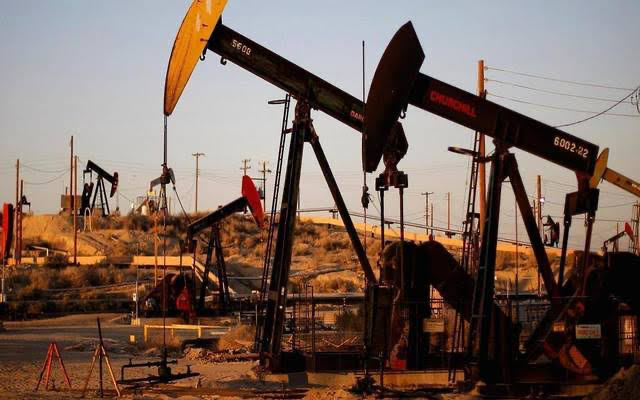The global oil market is facing a turbulent period as the war in Ukraine has triggered an energy crisis that has disrupted trade flows and exposed the weakness of the demand outlook for the world’s most consumed fuel.
Oil prices have plunged by almost 7% in the past two days, falling below $80 a barrel for the first time since July, as supply from the Middle East and Russia remains abundant and stockpiles swell in China, the biggest importer.
The war in Ukraine, which started in late January, has escalated into a full-blown conflict that has threatened the stability of Europe and the global economy. The war has also affected the natural gas market, as Russia, the largest gas exporter, has cut off supplies to Europe, forcing the continent to rely on alternative sources and depleting its storage levels. The gas shortage has increased the demand for oil and coal, as some countries have switched to these fuels to generate electricity and heat. However, this has not been enough to offset the decline in oil demand from other sectors, such as transport and industry, which have been hit by the economic slowdown and the environmental policies.
According to a new report by the International Energy Agency (IEA), oil demand is expected to grow by only 6% between 2022 and 2028, reaching 105.7 million barrels per day (mb/d), as the use of oil in road transport declines due to efficiency gains, electrification, and alternative fuels.
The IEA, which advises major oil-consuming nations, also warns that oil producers need to pay careful attention to the pace of change and calibrate their investment decisions to ensure an orderly transition to a low-carbon economy. The report also forecasts that oil demand will plateau in the next decade and then start to fall, driven by the falling use of oil in road transport. The report also suggests that the market strains will ease in the following years, as demand growth slows and supply increases.
The report also highlights the impact of the war in Ukraine on the global oil market, which has seen prices plunge by almost 7% in the past two days, as supply from the Middle East and Russia remains unaffected and stockpiles swell in China, the biggest importer.
The report notes that the market could tighten significantly in the coming months, as production cuts by the OPEC+ alliance temper an upswing in global oil supplies. However, the report also suggests that the market strains will ease in the following years, as demand growth slows and supply increases.
The report concludes that the oil market is facing a challenging period of uncertainty and volatility, as geopolitical tensions, technological innovations, and environmental pressures reshape the energy landscape. The IEA also calls for more cooperation and dialogue among the oil-producing and consuming countries, as well as the private sector and civil society, to ensure a smooth and sustainable transition to a cleaner and more secure energy future.
Source: Energy Connect



